By Roberto Alaban Jr. (Batch ’79)
College life brought me to many excursions, not just the kind that took me trekking up the slopes of Makiling, or cavorting cold with blockmates in the rocky run of a Liliw river. What I have in mind are those others that I stepped into, tried, tested — either deliberately, or by influence, curiousity or simply by being in a certain place at a certain time. On some of these I have made regrets, but made sure I learned a lesson or two. On some, I met expositions of certain theories I promptly jettisoned (time would later prove me right). On others, I encountered things I liked, and these stayed with me or rather, I stayed with them in my own tight embrace.
Of the latter, I could mention jazz music and a small book, both discovered in our dorm. Lengthily known as the UPLB Students’ Cooperative Housing, now demolished, it was a good half-kilometer walk from Women’s Dorm (yes, being a route I often trudged, I once counted the number of steps and did a rough conversion). There, walking from one end of the corridor of our unit to the other got your ears buzzed by a range of musical tastes from Asin to (Led) Zeppelin, not unlike the feeling one gets from turning an FM radio’s frequency switch from left to right. Yet, I always found myself crossing over to one room where the soporific vocals of Michael Franks, the sultry sax of Sadao Watanabe, or the playful piano of Dave Brubeck would fill the air, although I drop by only on occasions when jazz was not accompanied by the acrid smoke of jane. I was hooked and have never fully gotten back to pop music since then, explored various styles from big band to fusion, but eventually stayed on a narrow, mellower path with Franks as top favorite but includes such musicians as Dave Grusin, saxophonist Candy Dulfer (as a woman, a rarity), Wynton Marsalis and local Bossa Nova exponents like Guarana, even jazz-pop borderliners like Sade.
 As to that book . . . similarly, from room to room and bunk to bunk, bookmarked paperbacks by Harold Robbins, Robert Ludlum, Tom Clancy, Frederick Forsythe, a manifesto in red covers, and many others pulsed my dormmates’ current ideological, intellectual, or hormonal state (the glossies stay well-hidden, passed around only among certified friends, the better to preserve their condition, I mean the glossies). I was then, as now, partial to non-fiction but was not much into buying books, so I borrowed what seemed to be interesting reads based on the cover. Yes, we do judge a book by its cover, at least at first blush.
As to that book . . . similarly, from room to room and bunk to bunk, bookmarked paperbacks by Harold Robbins, Robert Ludlum, Tom Clancy, Frederick Forsythe, a manifesto in red covers, and many others pulsed my dormmates’ current ideological, intellectual, or hormonal state (the glossies stay well-hidden, passed around only among certified friends, the better to preserve their condition, I mean the glossies). I was then, as now, partial to non-fiction but was not much into buying books, so I borrowed what seemed to be interesting reads based on the cover. Yes, we do judge a book by its cover, at least at first blush.
In one of these rooms I happened to pick up a small volume titled “The Prophet” by Kahlil Gibran, a Lebanese-American artist, philosopher, and writer. I can still vividly remember I was able to read all of it in one sitting, not even half a day, but it took me many more re-readings over the course of several months to digest it (I had by then bought my own copy). Over a span of several decades I have recommended it to friends, got in the favor of a girl who similarly liked it by giving her a copy (she gave me a Benoit album in return), lent my copy and not have it returned, bought a few more copies to give away to friends, downloaded a copy from the internet when the bookstores ran out of stock (look for it under “Philosophy”), and, just last week, bought my nth copy which I vowed not to lose, lend, or give away again. In short, I have kept on re-reading it: in bed, on a plane, in a forest, by the beach (many times), sitting on a boulder on top of a hill, in the john (fittingly, as it is a place which encourages deep thought) . . . everywhere except on the kitchen sink.
The Prophet is a book of 26 poetic essays written by Gibran in English in 1923. In it, a man named Almustafa (called “Prophet of God” in the book) who has lived in a city called Orphalese for 12 years is about to board a ship which will take him home. As he was about to board his ship, the people of Orphalese gathered around him and first entreated him to stay. Realizing that that is not possible — But he answered them not. He only bent his head; and those who stood near saw his tears falling upon his breast — a woman named Almitra came forward and implored him to give them his wisdom:
And now your ship has come, and you must needs go.
Deep is your longing for the land of your memories and the dwelling place of your greater desires; and our love would not bind you nor our needs hold you.
Yet this we ask ere you leave us, that you speak to us and give us of your truth. And we will give it unto our children, and they unto their children, and it shall not perish.
In your aloneness you have watched with our days, and in your wakefulness you have listened to the weeping and the laughter of our sleep.
Now therefore disclose us to ourselves, and tell us all that has been shown you of that which is between birth and death.
At this point the Prophet answered each of those who, taking turns, asked questions: first Almitra on love, then marriage, then a mother on children, a rich man on giving, a priest on religion, and so on until the last, which was Almitra again, on death. These in effect, are the book’s chapters, dealing with, in complete sequence: love, marriage, children, giving, eating and drinking, work, joy and sorrow, houses, clothes, buying and selling, crime and punishment, laws, freedom, reason and passion, pain, self-knowledge, teaching, friendship, talking, time, good and evil, prayer, pleasure, beauty, religion, and death.
I have asked myself why I don’t tire reading The Prophet. I know it’s partly the style of writing – the poetic essay. It’s also partly because Gibran drew me towards vantage points I have not at all considered, at least the first time I read the book, and in all agreement I can only nod and nod some more in appreciation. It may be because it says certain things that go against the grain of institutional dogmas, which coincide with my own beliefs, and again in agreement I can only mutter, how true, how true. Thus, for example, And if you would know God be not therefore a solver of riddles. Rather look about you and you shall see Him playing with your children. And look into space; you shall see Him walking in the cloud, outstretching His arms in the lightning and descending in rain. You shall see Him smiling in flowers, then rising and waving His hands in trees.
I would be hard put to choose which chapter I like most, for each touches on separate aspects of life. For a time I was riveted on the chapter on love (I was single then). Today, married and with two pre-teens, I admit I now open the pages, more often, on marriage
Give your hearts, but not into each other’s keeping.
For only the hand of Life can contain your hearts.
And stand together, yet not too near together:
For the pillars of the temple stand apart,
And the oak tree and the cypress grow not in each other’s shadow.
and on children.
You may give them your love but not your thoughts.
For they have their own thoughts.
You may house their bodies but not their souls.
For their souls dwell in the house of tomorrow, which you cannot visit, not even in your dreams.
You may strive to be like them, but seek not to make them like you.
The Prophet is not just a book to read, it is a spiritual journey. The drawings add to an already great work.
Profit from it. I did, and still do.
Last Updated on October 12, 2016 by Tudla_Admin









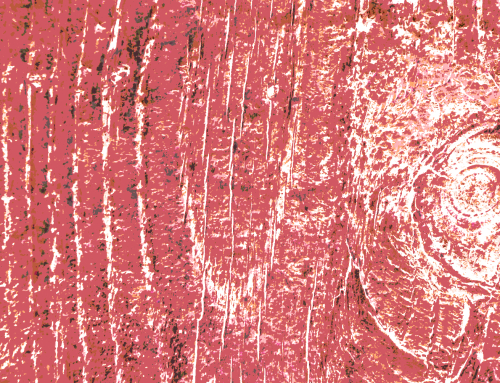
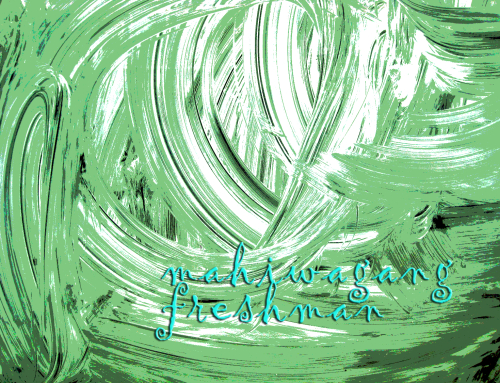
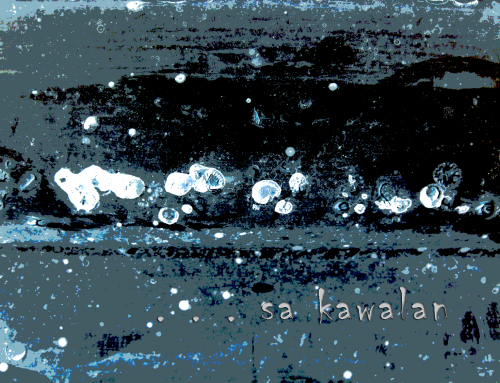
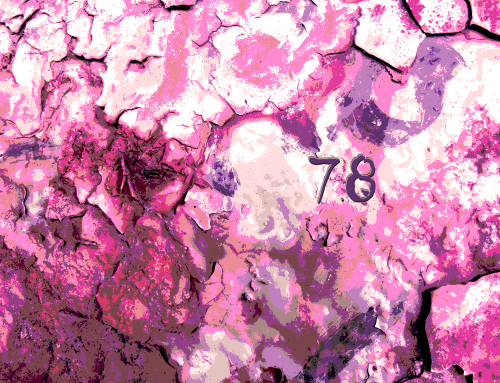
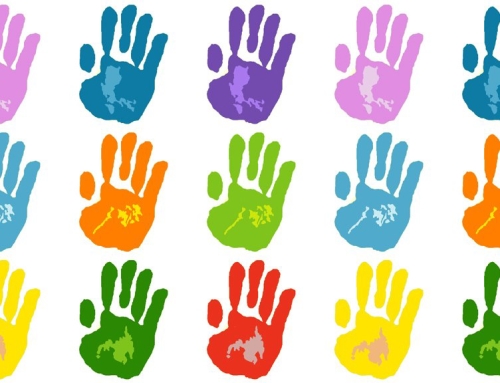



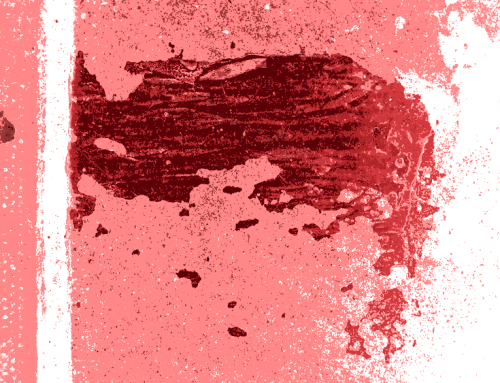
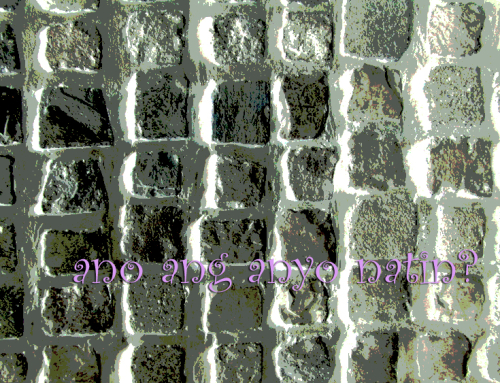
Leave A Comment